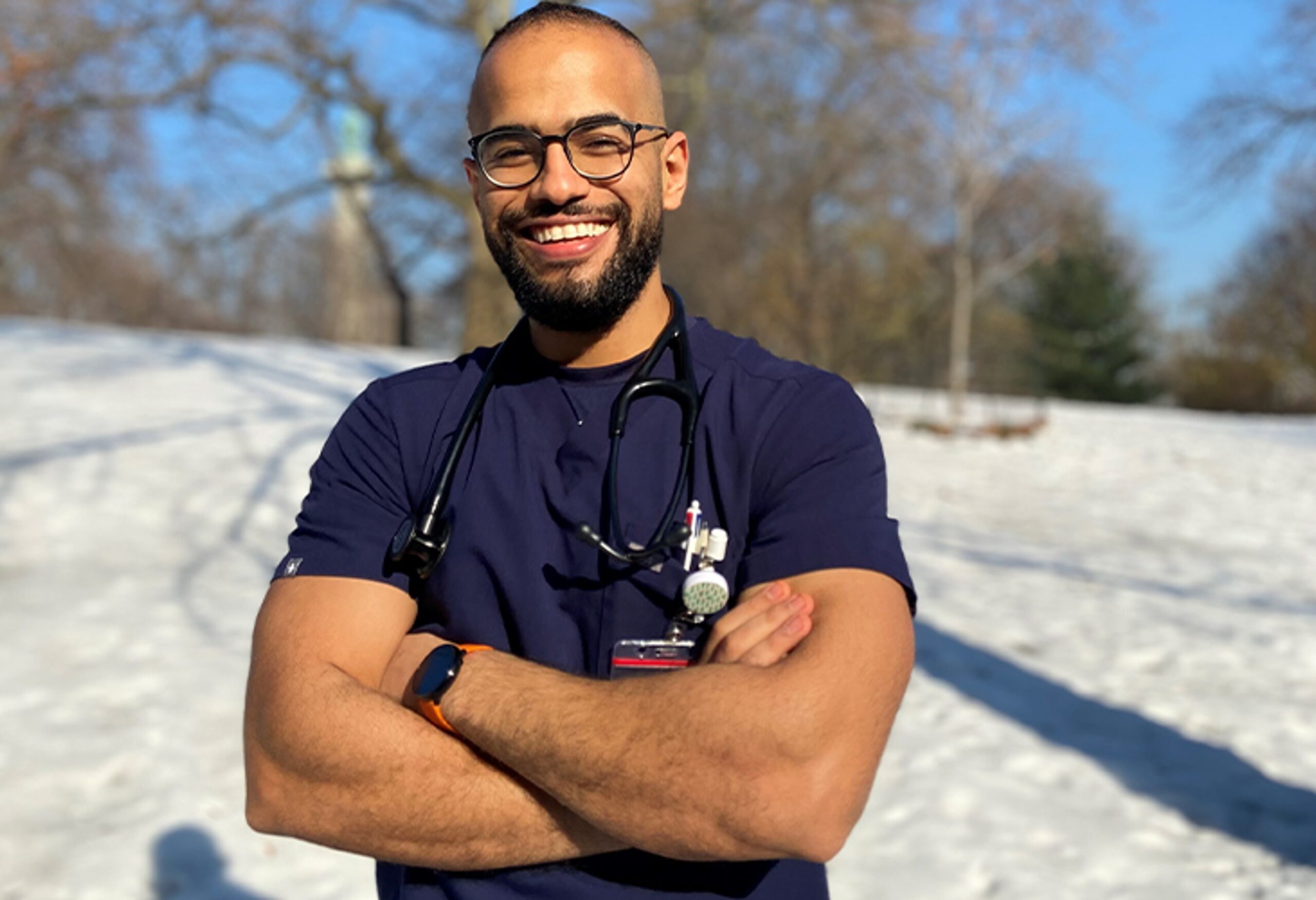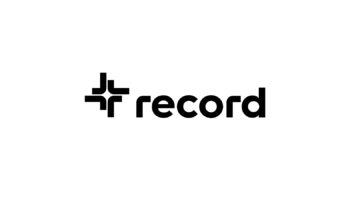After starting his career as a pharmacist in the UAE, Dr. Ahmed Hussein reveals why St. George’s University (SGU) School of Medicine, Grenada, in the Caribbean was the perfect choice to help him pursue his dreams of becoming a doctor in the United States
“Coming from the Middle East, I didn’t have much information about the US healthcare system, which is very different from Egypt and the UAE (where I used to work).”
“So, to be able to integrate myself into this system, when I was looking for a medical school, I found many graduates from SGU matched with US hospitals.,” says Dr. Ahmed Hussein, alumni of St. George’s University Medical School in Grenada.
After starting his career in pharmacy, he soon realized that he wanted to make a greater difference in the lives of patients and decided to try and follow his dream of becoming a doctor in the United States.
“We can all be helpful to the vulnerable, but being on the frontline, diagnosing and treating patients, was my main drive to pursue medicine,” he says.
He reveals that after much consideration and research, he started his application process to SGU’s School of Medicine. “Which was seamless,” he says, citing the availability of people to contact and discuss all elements of the process – from questions and aid queries to simple reassurance.
“When I got the news about my acceptance, I felt that I was about to embark on a new journey that would require hard work, day in and day out, to reach my destination: MD in the United States.”
“Once there, I particularly enjoyed the extracurricular selectives offered by SGU, such as dissection and wilderness medicine. I also discovered that SGU supports students in their preparation for the US Medical Licensing Examination (USMLE). The modules taught and tested during the basic science years are very detailed. I was provided with all the tools that I needed to do well in standardised exams, such as DES (Department of Educational Services) facilitators who helped me set up study schedules, go over materials that I didn’t grasp well, and many other things.”
In addition to the varied and in-depth academic syllabus, there were opportunities to fully embrace SGU campus life. “The new campus gym and the intramural soccer league were my favourites.”
“And the beach! And I can’t forget the beautiful sunsets,” he adds, laughing.
Following basic sciences, he did his first clinical rotation at Brooklyn Hospital Center in New York. “I had a wonderful experience rotating between different departments. Also, I met the love of my life in this hospital, who is currently my wife. So, this place will always be memorable,” he says.
He explains that it wasn’t all plain sailing, and the matching process was stressful. This is where you apply for a role of interest, and you get matched with a participating hospital or facility if there’s a vacancy.
“I tried to prepare as much as I could mentally by reaching out for advice from recent graduates, and the Office of Career Guidance (OCG) and Student Support at St. George’s University helped me a lot.”
His advice is to have a game plan to tackle the application process and interview season for Match Days. “But I was provided with assistance while still in Grenada. SGU’s Office of Career Guidance provided me with a framework for filling out the application and my CV, and they provided reviews before the submission date. In addition, my clinical site had mentors that tailored their advice based on my Step 1 grades, clinical performance, and the specialty I was applying for.”
Dr. Husseinsays he didn’t believe it when he learned he had matched with his dream position in paediatrics at Maimonides Medical Center Program in New York. “I kept checking the National Residency Matching Program website every five minutes to be sure.”
However, he believes that once he graduated, the transition from student to MD is an ongoing process. “One thing I learned quickly in med school is you’ll never ‘feel’ 100 percent prepared for an exam or patient encounter during clinical rotations. However, I channelled this self-doubt to do my best, analyze my shortcomings, and try to address them before my next exam or patient encounter. With the same mindset, I tackled my first block of residency. It’s a lifetime journey of learning and it begins by being open to self, peer, and supervisor appraisals.
For students from the Middle East and North Africa looking to practice medicine in the US, he wouldn’t hesitate to recommend SGU. “Grenada is a wonderful island that accepts students from all over the globe and luckily for us (Egyptians) it doesn’t require a visa application process. In addition, in my experience, SGU was successful in matching me into the US healthcare system which was ultimately my goal.














